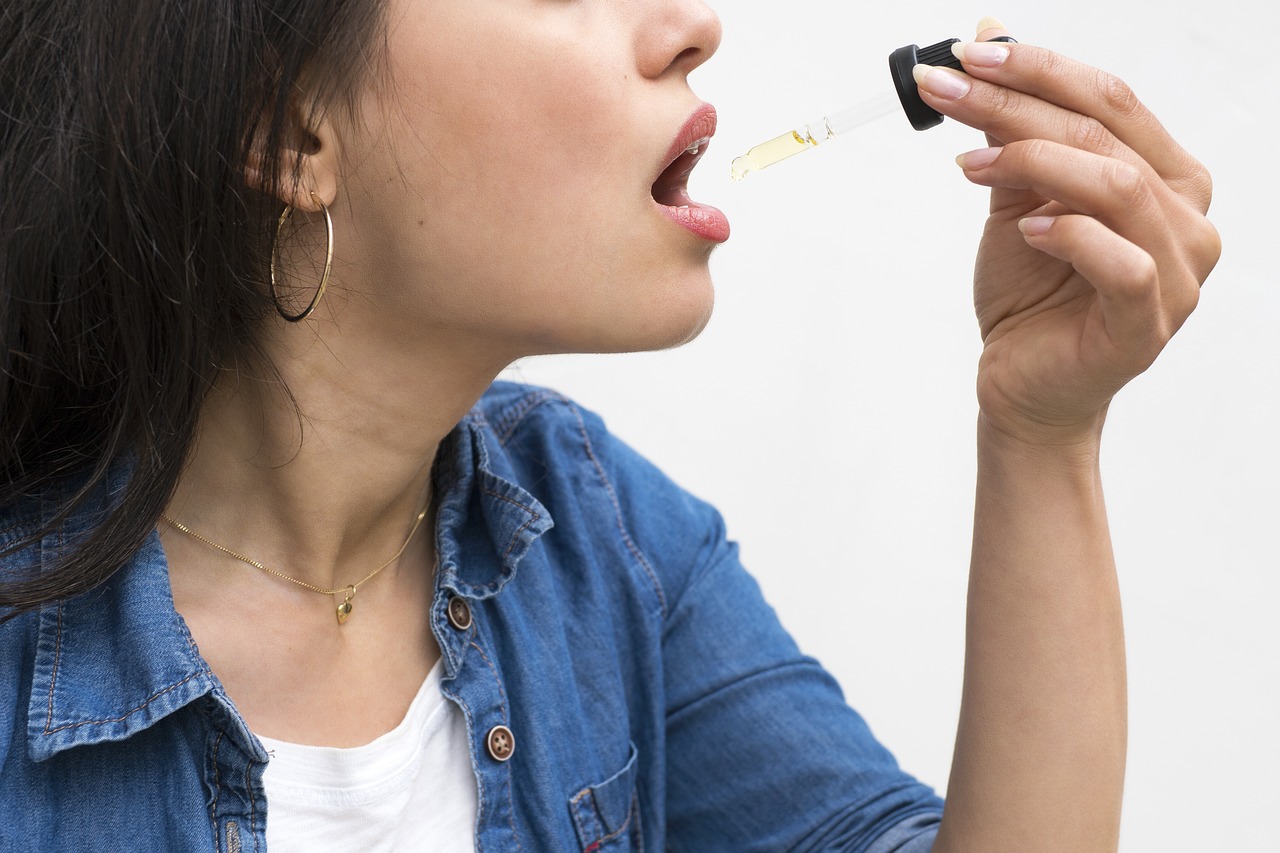As CBD products continue to gain popularity, many people are left wondering, “How does CBD make you feel?” Cannabidiol (CBD) is a non-psychoactive compound found in cannabis plants that has been widely researched for its potential therapeutic effects. In this blog post, we’ll dive into the science behind how CBD makes you feel and the various benefits it may offer.
A Non-Psychoactive Experience
Unlike its close relative, THC, which is responsible for the intoxicating “high” associated with marijuana, CBD does not produce psychoactive effects (1). This means that consuming CBD will not make you feel intoxicated, disoriented, or impaired. Instead, users often report a sense of relaxation and calm, which has contributed to CBD’s growing popularity for a range of health and wellness purposes.
The Science Behind CBD’s Effects
CBD interacts with the body’s endocannabinoid system (ECS), a complex cell-signaling network responsible for maintaining balance and regulating various physiological processes, such as mood, pain sensation, appetite, and sleep (2). By modulating the activity of ECS receptors and enhancing the body’s natural production of endocannabinoids, CBD may help promote overall well-being and provide relief for various conditions.
Potential Benefits of CBD
- Anxiety Relief: Studies suggest that CBD may help alleviate anxiety by interacting with serotonin receptors, which play a crucial role in mood regulation (3). Many users report feeling more relaxed and at ease after consuming CBD.
- Pain Management: CBD’s anti-inflammatory and analgesic properties may help manage chronic pain, making it a popular option for those seeking natural alternatives to traditional painkillers (4).
- Improved Sleep: Some research indicates that CBD may improve sleep quality by reducing anxiety and promoting relaxation, making it an appealing choice for those with insomnia or sleep disturbances (5).
- Neuroprotective Effects: CBD has shown potential in reducing seizures and providing neuroprotective benefits for people with epilepsy and other neurological disorders (6).
Conclusion
In summary, CBD can make you feel relaxed and calm without causing any psychoactive effects. Its interaction with the body’s endocannabinoid system may provide various therapeutic benefits, including anxiety relief, pain management, improved sleep, and neuroprotection. As always, consult with a healthcare professional before incorporating CBD into your wellness routine, and choose high-quality, third-party tested products for optimal results.
References
- Pertwee, R. G. (2008). The diverse CB1 and CB2 receptor pharmacology of three plant cannabinoids: Δ9-tetrahydrocannabinol, cannabidiol and Δ9-tetrahydrocannabivarin. British Journal of Pharmacology, 153(2), 199-215. [https://doi.org/10.1038/sj.bjp.0707442]
- Alger, B. E. (2013). Getting high on the endocannabinoid system. Cerebrum, 2013, 14. [https://www.ncbi.nlm.nih.gov/pmc/articles/PMC3997295/]
- Blessing, E. M., Steenkamp, M. M., Manzanares, J., & Marmar, C. R. (2015). Cannabidiol as a potential treatment for anxiety disorders. Neurotherapeutics, 12(4), 825-836. [https://doi.org/10.1007/s13311-015-0387-1]
- Russo, E. B. (2008). Cannabinoids in the management of difficult to treat pain. Therapeutics and Clinical Risk Management, 4(1), 245-259. [https://doi.org/10.2147/tcrm.s1928]
- Babson, K. A., Sottile, J., & Morabito, D. (2017). Cannabis, cannabinoids, and sleep: a review of the literature. Current Psychiatry Reports, 19(4), 23. [https://doi.org/10.1007/s11920-017-0775-9]
- Devinsky, O., Cilio, M. R., Cross, H., Fernandez-Ruiz, J., French, J., Hill, C., … & Martinez-Orgado, J. (2014). Cannabidiol: pharmacology and potential therapeutic role in epilepsy and other neuropsychiatric disorders. Epilepsia, 55(6), 791-802. [https://doi.org/10.1111/epi.12631]



